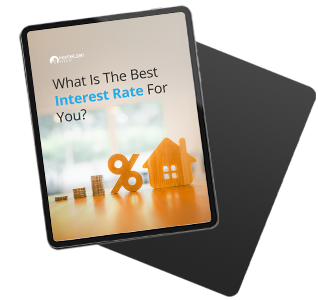Are you expecting changes in your interest rate? Use our interest rate rise calculator to estimate the impact of potential increases on your repayments and plan ahead for your mortgage.
Interest Rate Rise FAQs
- ANZ – 3.85%
- CBA – 3.85%
- NAB – 3.60%
- Westpac – 3.85%
Note: These forecasts are subject to change.
- Speak to a mortgage broker. They will help you assess your situation and offer to help you refinance or negotiate with your lender on your behalf.
- Switch from a variable rate to a fixed rate. This gives you certainty over your repayments.
- Make extra repayments with an offset account.
- Compare your monthly loan repayments before and after the interest rate increase to find out how much more you will pay. You can do this by using the calculator above.
- Improve your financial situation by taking actions such as setting a budget, cutting unnecessary spending, choosing principal-and-interest repayments over interest-only, and clearing your debts.
Disclaimer: Over the next few days, you’ll receive additional guides to help you on your homebuying journey. Occasionally, you’ll receive carefully curated home-buying tips, offers & schemes, and news articles. You can unsubscribe any time you want. View our Privacy Policy
We Can Help You!
Looking to secure the best possible interest rate for your next home purchase or to refinance? Don’t miss out on the opportunity to lock in a great rate with the help of our mortgage brokers. Our team of experts has the knowledge and experience necessary to help you find the perfect mortgage solution that fits your unique financial needs.Call us on 1300 889 743 or complete our free online assessment form today to speak to a broker.






